QAMISHLI, Syria (AP) — U.S.-backed Syrian fighters carried out a rare attack Monday in eastern Syria, striking at three posts manned by pro-government gunmen and claiming that they killed 18 of them in a major escalation near the border with Iraq.
The renewed clashes in Syria’s eastern oil-rich province of Deir el-Zour came amid high tensions in the region following last month’s killings of a top commander of Lebanon’s militant Hezbollah group in Beirut and the political leader of the Palestinian Hamas group in Iran. Israel was blamed for both attacks, and Iran and Hezbollah have vowed to retaliate.
The Syrian government, which is backed by Russia and Iran, has vowed for years to liberate eastern Syria from U.S. forces who have been deployed in the area since 2015 to help fight the Islamic State group.
Monday’s attack by members of the Arab-led Deir el-Zour Military Council — part of the U.S.-backed and Kurdish-led Syrian Democratic Forces — came days after clashes and shelling between the SDF and pro-government gunmen left more than a dozen people dead.
The Deir el-Zour Military Council said the new attack was in retaliation for government forces’ shelling the villages of Dahla and Jdaidet Bakkara last week that left at least 11 civilians dead. The group said it attacked the area where the shelling was launched.
The Britain-based Syrian Observatory for Human Rights, an opposition war monitor, said nine pro-government fighters were killed in the attack.
The clashes in eastern Syria are the worst in nearly a year.
Since 2017, the east bank of the Euphrates river in Deir el-Zour has been controlled by the SDF and the area is where hundreds of U.S. troops are based. The river’s west bank has been controlled by Syrian government forces and Iran-backed fighters.
Eastern Syria is important to both sides. The SDF and U.S. troops control oil fields on the east bank, while the west bank is vital for Tehran as the main land corridor from Iran to the Mediterranean passes through it.
___
Associated Press writer Bassem Mroue in Beirut contributed to this report.

